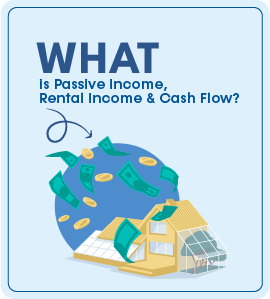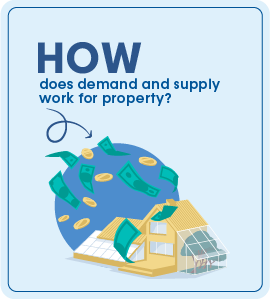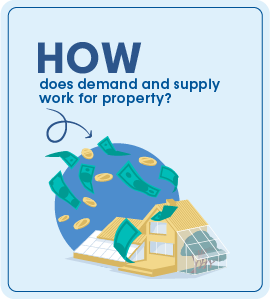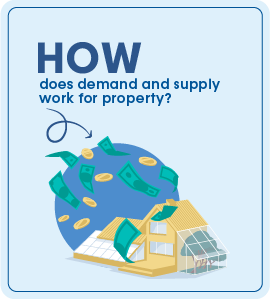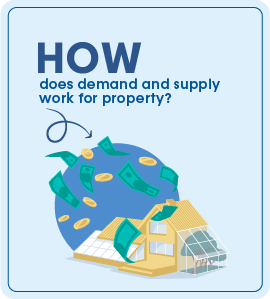Investing Guide
What’s better for investment purpose: Building VS Purchasing Ready Property?
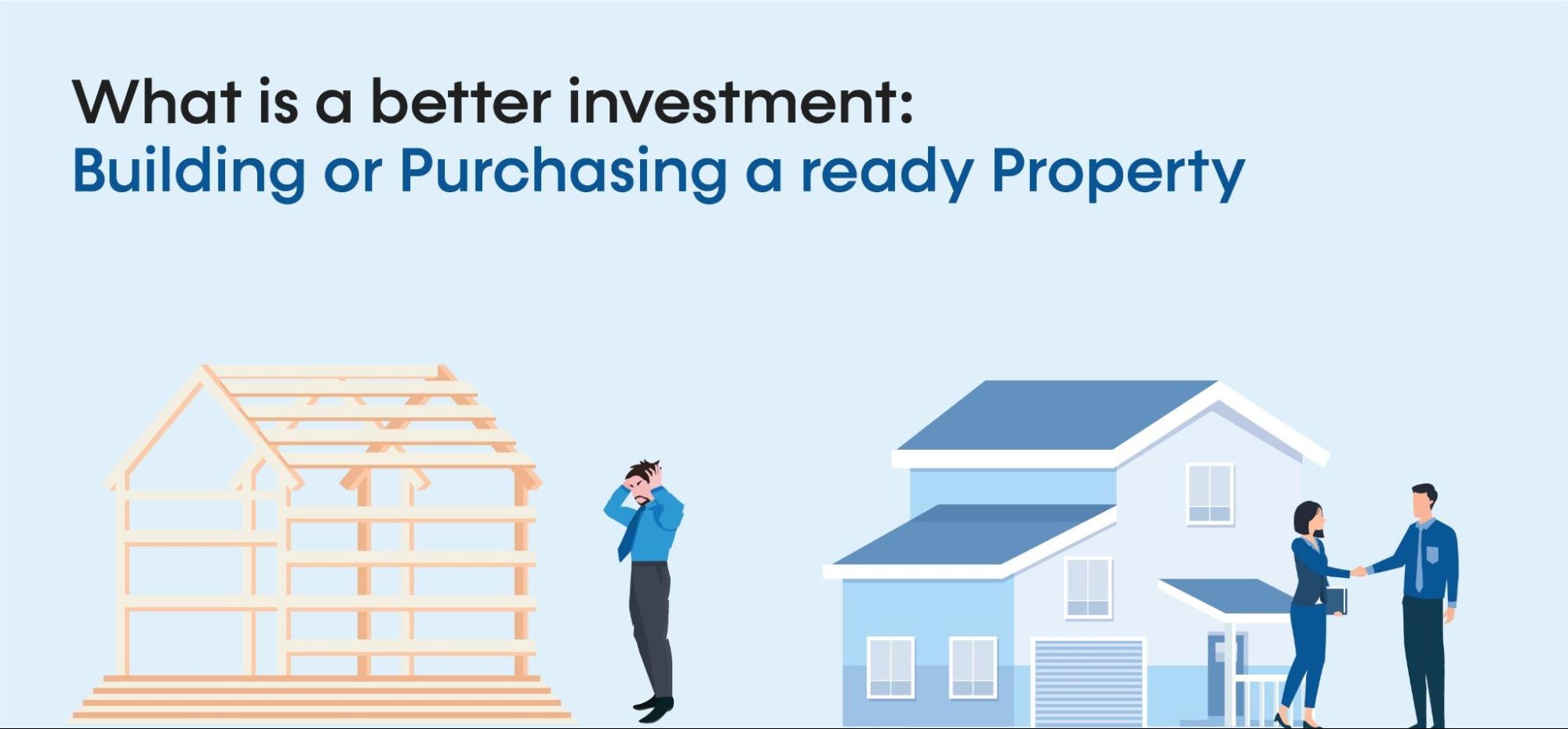
We want to give you the answer first for this oft-repeated question before we explain why. If this is an investment, you should purchase a ready-to-move-in apartment. If you are looking to reside in that house, certainly building your own is the better option.
When and when not to build yourself
Building a house from scratch only makes sense if you are looking to occupy itself. In that case, it is not an investment and can yield benefits in terms of freedom with plot selection, designing the house to suit your requirements, controlling the quality of construction, and customizing the fixtures to your preference.
Conversely, if your purpose is to save money on construction cost (and therefore increasing your capital gains), or rent it later; we don’t advise this route in either case. While you think that you will save money in terms of construction cost and eventually increase your profit margin, then the investment may not be worth it given the fact that it will take away at least a year of your precious time, be a mental and physical stress for the duration of its construction, and could incur unforeseen expenditures because of volatile prices and availability of construction material.

Moreover, if you are looking to eventually rent the property; the design, location, construction quality, and fixtures need to conform to the prospective tenant’s requirements rather than your own. Also, the cost that you seek to reduce in terms of construction will be neutralized by the time it takes to complete the project.
When to purchase a ready to move-in property
Even if you intend to use some property for your own use, in some cases it may be beneficial to buy a ready-to-move-in property if a property’s design, location, quality, and aesthetics appeal to you. If you don’t have very unique preferences and the ready property appeals to you, you may end up saving the same money in lieu of rent, discomfort, time, and stress that building your own house will incur.
When you intend to generate rental yield off a property, buying a ready property is the better option under all conceivable alternatives and scenarios.

There is no hard and fast rule on the potential savings that an individual can make by taking on the project of building a house. However, whatever amount you stand to save; you need to answer these three questions for your specific situation first:
- Do you stand to save more than the potential rental yield of a similar property (assume 6% per year)?
- If you stand to save 10% in total, then is the extra 4% (10% minus 6% from potential rental yield) worth a year of your time, stress, and effort?
- Are you prepared for reduction in your estimated profit margins caused by unforeseen construction delays, price hikes, and material shortages?
Hypothetical Scenario
Look at it this way, you have zeroed in on a plot and estimate that your house will be ready in one year and cost you 18 million PKR over a period of 1 year. You estimate that you will save 2 million PKR as a similar property nearby was sold for 20 million. As you start construction, the property sold nearby was rented for 6% annual rental (at 12,00,000). At the end of the year (if your construction completes in time and everything goes according to the plan), you have a ready property costing 18 million. The other rented property has meanwhile earned 1.2 million rupees whereas you have earned yourself a margin of 2 million. The difference would be 0.8 million rupees if you don’t face any delays and an increase in construction cost.

Now the maths is simple for you, you need to answer for yourself if an extra 0.8 million is worth the stress, time, and effort. Moreover, this amount is also subject to unforeseen risks of delays and increased expenses.
Conclusion
Provided you don’t have specific requirements, buying a ready property makes most sense under most conceivable scenarios. Once you invest in a property, you are expected and required to solve other people’s (tenant’s) problems rather than fulfilling your innate desires with the investment. So acknowledge the difference and act accordingly.




